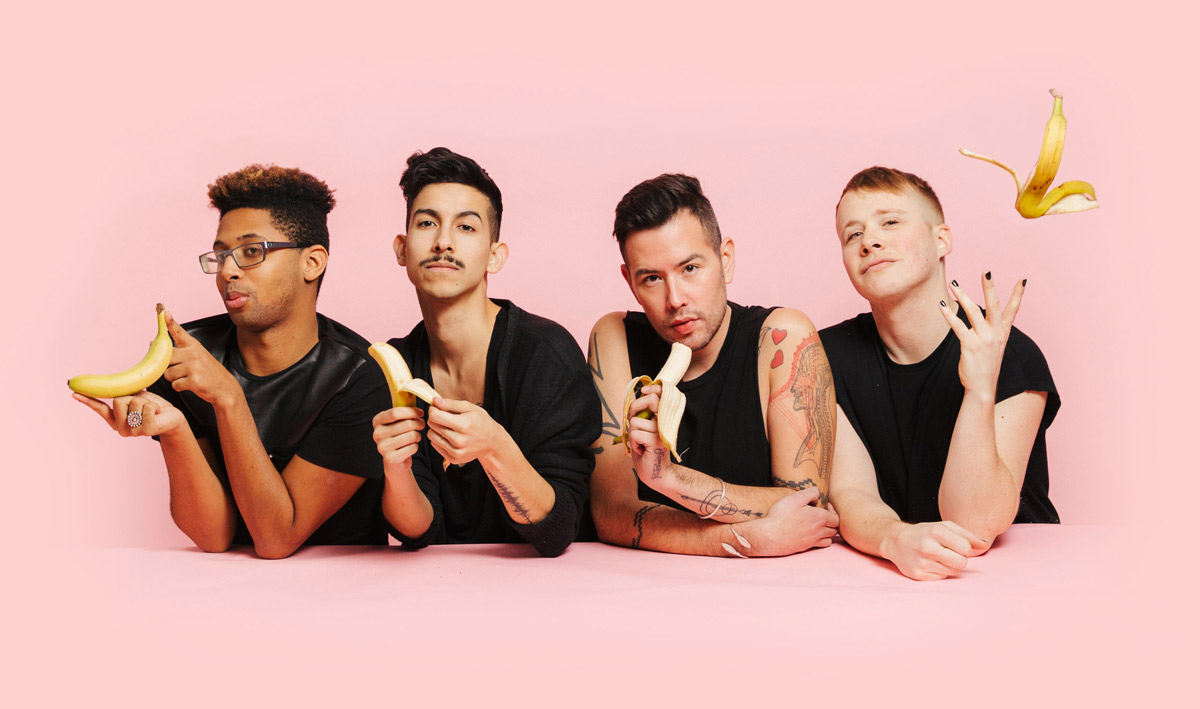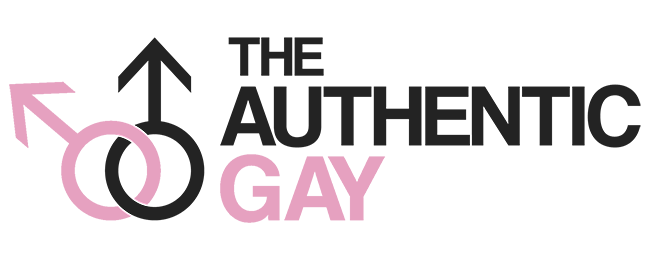Reading is Fundamental, But is it Necessary?

As drag enters the mainstream, more aspects of drag culture are becoming popular. RuPaul hosted Saturday Night Live and has her own Netflix dramedy, AJ, and the Queen. Drag Race girls are popping up all over our television and movies. But make-up and lip-synching aren’t the only parts of drag culture becoming popular. There’s a lot of talk about “reading” and “throwing shade” in our community. While it has always been a part of our culture, it’s becoming apparent the history of reading might be getting lost in this generation. Reading is not a visa to say nasty things. It’s one part art form one part survival instinct. But are people taking it too far?
The History of (Gay) Reading
Throughout history, gay people have had to use their words as weapons to survive playground bullies who grow into potential gay-bashers. We soon learn shifting the focus to other people is the fastest way to get bullies’ attention off of you. We can develop an insecurity system that gives us a sixth sense of the soft spots and vulnerabilities of other people. We learn the buttons to push when we need to. Oscar Wilde was known for his scathing put-downs. Ryan Murphy and Marc Cherry have made careers writing deliciously vicious lines for women. The late Silvio Horta wrote some fantastic and utterly savage lines, for Vanessa L. Williams, Michael Urie, and Judith Light in Ugly Betty.
But jokes aside, reading is more serious than well-timed jokes. In this clip from the famous documentary, Paris is Burning Dorian Corey explains how reading, “the art form of the insult,” evolved. She breaks down its place in queer culture and how it is often a form of defense. When someone dresses in drag or transitions, they can be at risk. Even today, trans women are still being murdered at alarming rates. And so, to stay safe, Queens can often take it back to the playground. Drag queens find ways to take the piss out of would-be attackers the same way they are taking the piss out of society by dressing up in drag. They use well-crafted observations, insults, and one-liners to keep their audiences in check and deflect negative attention from passers-by.
But can and should reading be appropriated? Gay men have enough trouble being vulnerable and communicating with each other as human beings. App culture has made sex seem like negotiating a transaction and changed how we talk to each other. Should we be adding insults to the mix? Many of the people suddenly emboldened to be shady can be white or heteronormative men, not realizing their “reading” is just flaunting privilege and bullying. It’s becoming clear people are interpreting reading as simply free reign to insult each other.
What Does it Mean to Read Someone?
In drag culture, there’s more to reading than the insults you might see on RuPaul’s Drag Race. Reading is literally like reading someone like a book. It’s an opportunity to playfully point out something you might have trouble simply saying outright. The fact it’s a joke makes it easier to swallow, so to speak. Reading is reading between the lines. Seeing the whys and wherefores but still calling out the problematic behavior. You might read a friend for being a crappy boyfriend, or a brat, or not paying their share at brunch. You might call out someone’s hygienic issue as a sign they aren’t taking adequate care of themselves. If you deliver it playfully, they may be more receptive. It’s easier to take critique if it’s playfully delivered.
Reading, like roasting in comedy, is often done with a wink and a nod. It’s done with respect and reverence. The goal is to improve the subject and not make them feel worse. Or if you are doing it to defend yourself, all bets are off. As queer people, we have a ton of collective trauma, so normalizing insults helps no one. Many of us have had to develop a sixth sense about people to assess potential threats or unsafe situations to feel safe. But when is it time to put our swords and armor down and just be good people? When do we let old emotional wounds stop holding us back and celebrate other people? Can we use this sixth sense to uplift others rather than take more people down?
There’s a term in social justice called the “pyramid of petty tyrants.” The idea is marginalized people will often find people less oppressed than them and lord power over them to leverage their own position in society. Essentially, this forms a pyramid with the oppressors at the top and each group holding down another group. Reading is not meant to be a weapon we use to oppress each other. It’s not meant to be another reason gay men have trouble connecting or being vulnerable.
Sometimes, reading can be used to make people feel less sensitive about a topic. Your friends will engage you with a snarky barb to keep you sharp. It can be seen as a social workout to keep you on your toes. But should you even have to be doing emotional Kegels when you are trying to have a simple brunch with friends? While well-intentioned, this can often be a missed connection, and you might not feel the love. It’s worth exploring if being sensitive is a bad thing.
As queer children, we have our sensitivity shamed, bullied, taunted, and even beaten out of us. While we may get stronger, maybe that sensitivity is necessary, and that’s why it was innate in us. We can find ourselves as grown adults seeking out therapy to find ways to be able to have tender feelings and vulnerable emotions. Eventually, we need to break the toxic cycle of teasing each other the way we were teased. After all, many of our former bullies have ended up growing up, learning their life lessons, and having relationships that changed their lives.
I think that the assimilation of drag into the mainstream can be a great thing. But it does behoove us to put certain things in context. Someone willing to be out in full drag wearing uncomfortable heels unable to run can say whatever they need to to survive. A drag queen who has spent three hours getting ready to deal with loud, drunk, handsy patrons can say what they need to keep people in check. The takeaway from their experience should not be saying mean things for sport. It’s not an excuse to have no concern for the feelings of others. It’s simply not that kind of show, honey.
There are times where we may need to use humor to deflect a tender subject. There also may be times when we have to call out someone’s childlike behavior. These would be good times to use our words. But the goal of the read should never be to insult or poke an emotional wound. It should be the overall message we intend for the person to receive. If not, you’re just a messy gay guy saying shitty things, and there are enough of those in our community already. Given the history of bullying of queer people, reading and shade may always be a part of our culture. But we should stop the queer on queer violence. Reading should come with people who consent to and enjoy that type of humor. It should be well-intentioned. We should strive to come up with reads from the height of our intelligence and with the best intentions. Because let’s be real, some of what people think is reading are remedial at best. Up your vocabulary, darlings.
Christian Cintron is a writer, actor, and stand-up comedian. He has written about entertainment and gay culture for Edge Publications, Queerty and DNA Magazine. He’s also a regular contributor to Backstage.com.
YouTube: CintronicComedy // Twitter: AbsoluteCintron // Instagram: @SighKickScream
